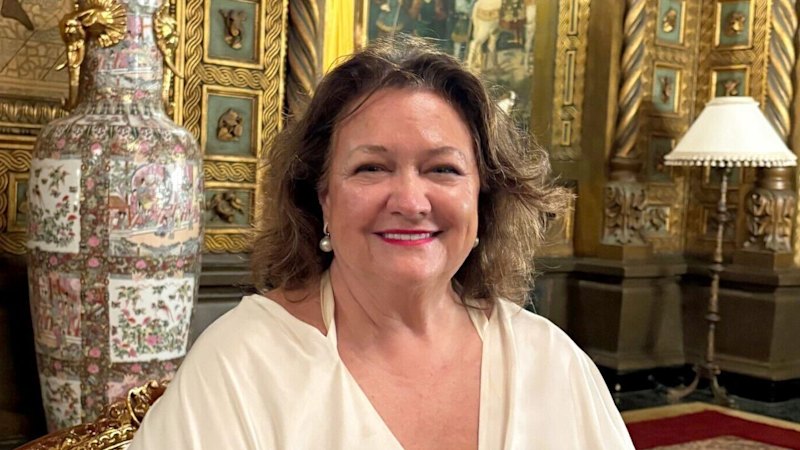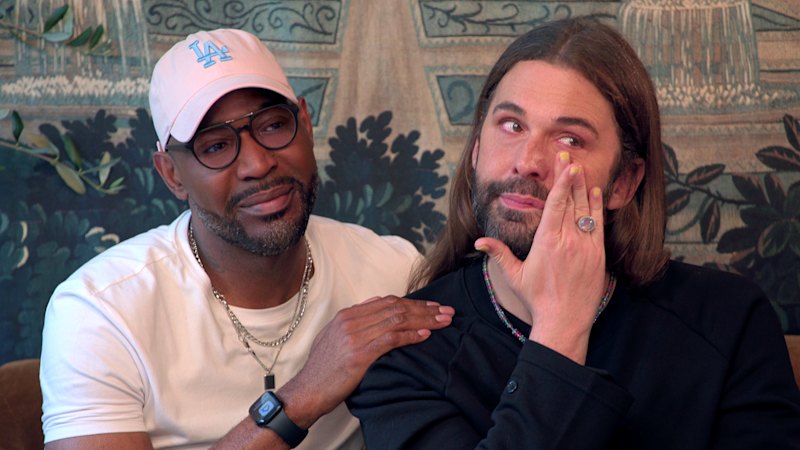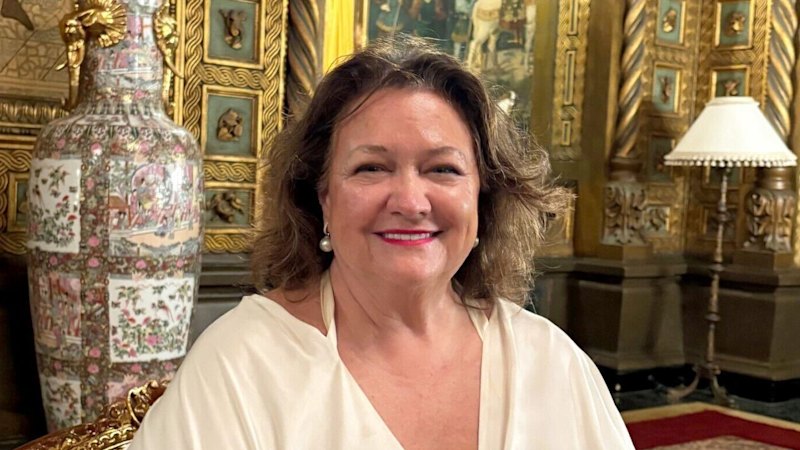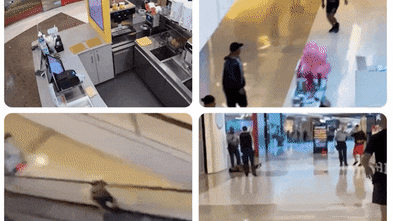
Roblox has announced a commitment to enhance its safety measures aimed at protecting children from online grooming. This decision follows concerns raised by Australia’s eSafety Commissioner regarding the platform’s compliance with national safety codes. The company plans to implement these changes in Australia by the end of 2025.
The new safety measures include several significant features. Accounts for users under the age of 16 will be set to private by default. Additionally, adult users will be restricted from contacting underage users without explicit parental consent. Key features such as direct chat and ‘experience chat’ will be disabled for children until they complete an age estimation process. Once age estimation is completed, users aged under 16 will still be unable to chat with adults.
Parental controls will be introduced, allowing parents to disable chat functionalities for users aged 13 to 15, building on existing protections for those under 13. The use of Voice Chat will remain prohibited between adults and 13- to 15-year-olds, mirroring current restrictions for users under 13.
In support of these initiatives, Roblox has announced the expansion of its age estimation technology across its communication features. These changes align with the requirements set forth by Australia’s Online Safety Act, which mandates that online platforms proactively address harmful content and behaviors, particularly concerning child sexual exploitation and abuse.
Julie Inman Grant, the eSafety Commissioner, emphasized the importance of these measures. “We know that when it comes to platforms popular with children, they attract adult predators seeking to exploit them,” she stated. She highlighted that Roblox has become a notable target for individuals attempting to groom children, and stressed the platform’s legal obligation to prioritize child safety.
Inman Grant has engaged with senior executives at Roblox, including the Chief Legal Officer and Chief Safety Officer, to address compliance concerns. She expressed satisfaction with the company’s new commitments, indicating that they serve as a positive example of the potential impact of Australia’s safety codes and standards on the online industry.
These codes and standards are enforceable and require online services to take meaningful actions to protect children from severe online threats. The eSafety Commissioner has also noted that she will closely monitor the implementation of Roblox’s commitments and may pursue regulatory action for non-compliance, which could include civil penalties of up to $49.5 million.
In addition to the commitments made by Roblox, the eSafety Commissioner recently initiated a second phase of industry codes that specifically address age-inappropriate content, including online pornography and materials related to self-harm. These extended regulations will apply to a broad range of online services, further enhancing protections for children.
While the mandatory codes focus on compliance, Roblox’s plans to expand facial age estimation across its communication features represent an additional measure to mitigate risks associated with adult-child interactions online. This initiative reflects the findings of the Government-sponsored Age Assurance Tech Trial and underscores the potential of current age assurance technologies.
Inman Grant also encouraged parents and caregivers to remain vigilant, emphasizing the importance of supporting children as they navigate online environments. “The industry codes and standards will work hand-in-hand with new social media age restrictions, ensuring protections for children from online harms,” she stated.
As the digital landscape evolves, eSafety aims to leverage its enforcement powers to ensure that Roblox and other regulated services fulfill their obligations to prioritize user safety. The Australian Government has committed to establishing a duty of care for online services, reinforcing the principle that safety must be an integral aspect of platform design.
“The time has come for platforms to take real responsibility for the safety of their users,” Inman Grant concluded, highlighting the ongoing commitment to holding online services accountable for their practices.







